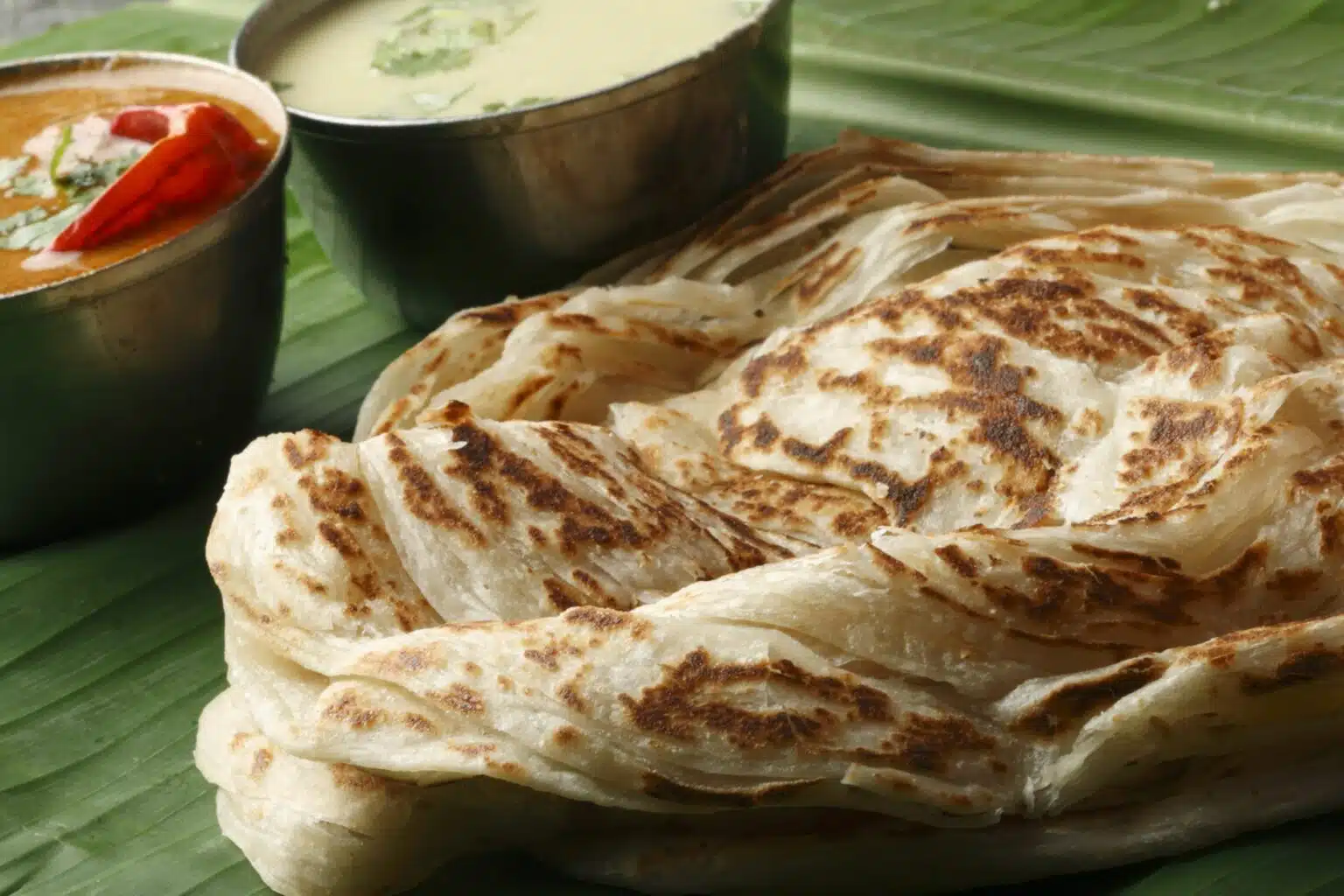With Chapati being taxed at 5%, GST levied on Parantha is 18%, rekindling the GST debate while the government resolves the disagreements over tax classification.
When the primary ingredient for both, roti and parantha, is the same, how different are they from one another? While the Goods and Services Tax levied on ready-to-eat chapatis, khakhras and fresh chapatis are 5%, the same tax is chargeable at 18% on frozen paranthas.
Why the extra charge on Paranthas?
The mentioned items have the same primary basic material i.e., whole wheat flour, so the companies claim that the slab for each item cannot change. Not willing to budge, Gujarat’s Appellate Authority for Advance Ruling clearly stated that packaged paranthas have 3-4 minutes of cooking time. The 2-member bench further stated that since paranthas have varied compositions with whole wheat content varying from 36% to 62% and have various other fillings like potatoes, cottage cheese, and green chilies in addition to water, ghee, or oil, it cannot be put under the same category as chapati.
What does the appellant have to say?
In a legal battle spanning over a period of 20 months, the appellant Vadilal Industries based in Ahmedabad have been trying to persuade the authorities that a parantha is simply like any other Indian bread very similar in nature to a chapati or a roti even rusks, pizza bases, and toasted bread. The same company had also filed an appeal on prior complex classification, for this wasn’t their first run-in with difficulty. In a related instance, Vadilal Industries had appealed a AAAR decision that had exempted regular milk from taxation while imposing an 18% tax on flavoured milk.
While Kerala and Gujarat AAARs disagree with the inclusion of paranthas in the category of rotis, Maharashtra AAAR claims that paranthas are eligible for a reduced tax rate i.e., it can be included in the 5% slab. However, as paranthas cannot be subject to a separate tax at restaurants or takeaways, 5% GST would be added to the total.
Quite a few other food products are comparable to this case. Idly, dosas and porridge that are ready to eat are taxed at 18%, whereas prepared batter of the same items is taxed at 5%.
GST is also assessed on services also.

Services like cancelling confirmed AC bus or first-class train tickets will be subject to the Goods and Services Tax. The Finance Ministry claims that purchasing tickets falls under the category of a contract that guarantees to render a service in return for payment from the customer. Therefore, as compensation for cancellation, a nominal fee will be charged to the customer.
As it has been able to collect Rs 1 lakh crore every month since October 2020, the tax system has been hailed as successful, yet it has also created confusion. After five years, the citizens are still perplexed by the indirect tax regime structure. With Constant litigations and norms differing from state to state, matters regarding GST don’t seem to rest. Merging some of the slabs to simplify tax matters could be proposed as one of the solutions.
(Contributions from several media sources.)













